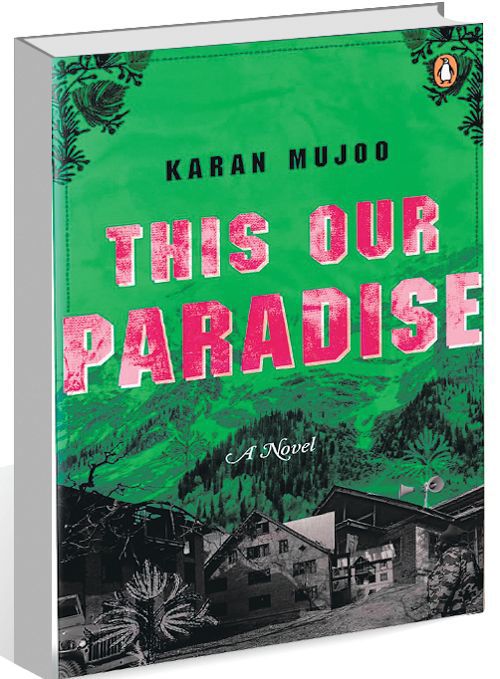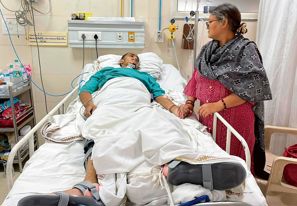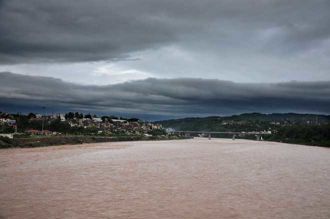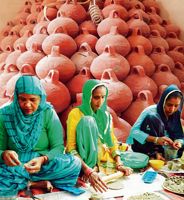This Our Paradise: A Novel by Karan Mujoo. Penguin Random House. Pages 240. Rs 599
Book Title: This Our Paradise: A Novel
Author: Karan Mujoo
Manisha Gangahar
When it comes to Kashmir, there are as many realities as there are stories, sometimes overlapping and intertwining, while at other times distinct and diverging. Amidst the deeply divisive views on the Kashmir conflict, sparking a range of responses and explorations in both literary and non-literary fields, one thing is widely accepted: no single narrative can depict reality in absolute terms. ‘This Our Paradise’ by Karan Mujoo offers its own set of nuances and dimensions of what could be real, while fictionalising the real. So, though the book cover carries ‘a novel’ as part of its title, the narrative certainly reiterates the blurring boundary between the reality and its shadow.
In ‘This Our Paradise’, the lives of two families take different paths and intersect. Papaji’s Kashmiri Pandit family is forced to leave their home they settled into four years earlier due to the escalating secessionist movement in the Valley. On the other hand, Zun’s son shifts his path under the influence of an Islamic theologian and agitator to alter the course of events and ‘save’ his land. It is, thus, a story of two Kashmiri boys who “lose their Kashmir, in different ways”.
The catastrophe that strikes the families becomes the collective tragedy of the two communities in Kashmir. Exploring themes of identity, resistance and the search for meaning in a world marred by violence, political blunders and misrepresentation of facts, the novel examines the ways in which individuals and communities strive for existence. “It is difficult to recognise history as history when it’s being made… 1987 started out like any other year. But, by the end of it, Kashmir would be irrevocably changed.”
As Papaji’s grandson narrates the story, shifting between the frames of Zogam and Bagh-i-Mehtab, the localities of the Muslim and Pandit families, the chronicle becomes a heart-wrenching read. The intricate details of daily life, italicised words that had weaved the ethnic fabric of Kashmiriyat, the ambivalence regarding ideological stances and the subtle hints of the animosity that is believed to have always existed between the two communities, all add up to deepen the narrative of conflict. However, one of the novel’s strengths lies in its ability to humanise the Kashmir conflict, providing readers with an intimate glimpse into the scars of the turmoil.
Be it the sense of betrayal followed by loneliness and alienation experienced by Papaji’s family or the unfulfilled yearning for a brighter life for Zun’s son, sacrifices made in the name of religion and deceit faced in the name of nationhood, in the end it is the ordinary people who pay a price. One is reminded of Oscar Wilde’s words: “Were we no better than chessmen, moved by an unseen power, vessels the potter fashions at his fancy, for honour or for shame?”
The Kashmir that once was, the Kashmir that is, conjures up a myriad of conflicting emotions, all unfolding simultaneously. ‘This Our Paradise’ presents some quite vivid imageries of the insurgency years, with each fleeting image wanting to hold on to a blissful past but leaving the reader wondering if there was any at all. The novel looks at the Kashmir tragedy without attempting to pass a verdict, without taking sides and yet tossing up the question: could the inevitable be evaded?














